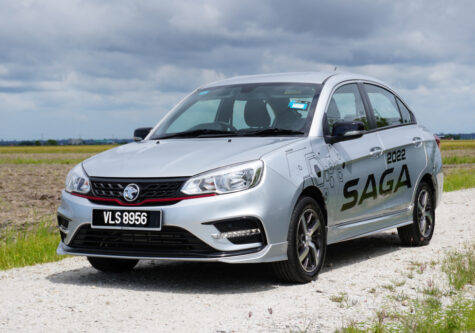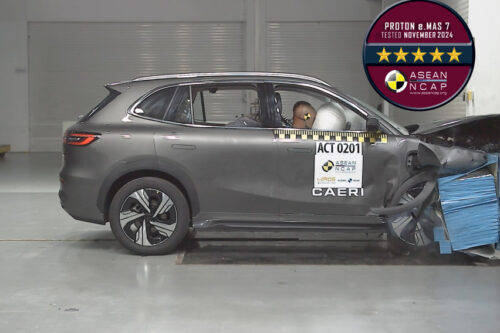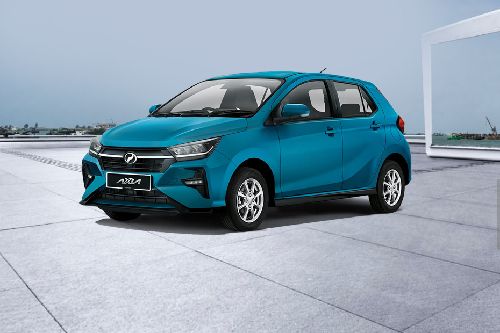How shared cars, scooters, and other mobility solutions are fighting coronavirus

A few months back, the whole world had no idea that the coronavirus moving through Wuhan city, China, would one day find its way to most of the countries and will become a global pandemic of a catastrophic scale. The rampant spread of COVID-19 has put life on pause, which will have long-lasting effects on the worldwide economy. Shared Mobility is one such sector which was hit hard by this health crisis, so let’s have a glance at its fight against the coronavirus.
Due to the virus outbreak, the shared mobility companies had to suspend their daily operations, which, on the other hand, resulted in layoffs. The popular e-kick scooter companies, Bird and Lime, laid off their employees in the United States and Europe. In Malaysia, companies like Beam, Tryke, and Neuron are also suffering from the ill-effects of the virus. However, shuttle service providers, including Uber and Lyft are offering their service to frontline workers, but have removed pooled service from their apps as of now.
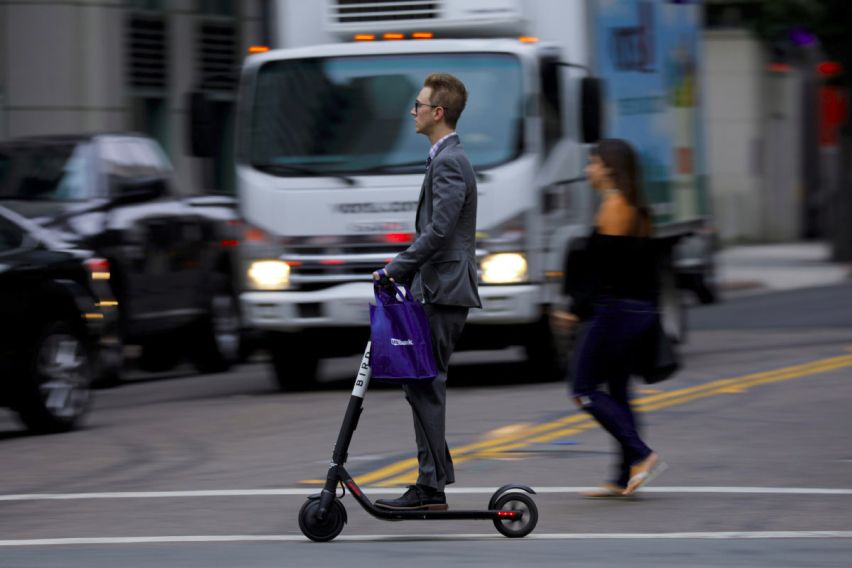
The sector is in trouble, not only because of people staying at homes but also the people who are traveling are cautious of using the shared vehicles, as these could be the transmission carrier.
Just imagine, if you cannot shake hands with someone and you are supposed to keep a 2-meter social distance, then how it would be safe to ride a shared scooter or to share the cab with someone. But, the service providing companies cannot lose the battle simply because the virus is defenseless against disinfectants. The companies have come up with full-fledged strict safety protocols that can literally wipe the virus away.
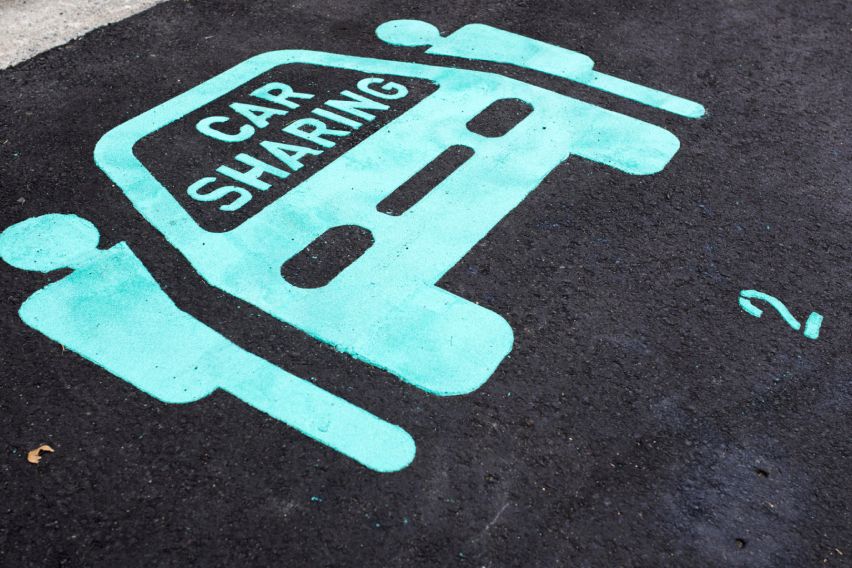
The companies are deeply engaged in providing a safe and healthy mobility solution to its customers. For this, they are undertaking the following measures:
New cleanliness standards
The firms have framed new standard operating procedures to ensure the safety of their customers. They are disinfecting the vehicles rigorously inside and out after every ride. Wheels, the firm which offers its e-bikes to the professionals, has equipped the bikes with NanoSeptic self-cleaning handles and brake levers. Companies like Europcar and Sixt Rent in Europe and Asia have also adopted systematic disinfection of the cars and also offering contactless means to pick up and hand off keys.

Addressing new user groups
The companies are shifting their target user base and also the need for shared mobility. They are readjusting their services for the new user groups which can create demand at this time. Several companies are now providing last-mile delivery services as online shopping has increased. From grocery to medicine, personal care to handloom, people are ordering all the stuff online, which has created the need for delivery agents. Some examples are:
- Lyft has partnered with Amazon in the United States.
- Green mobility has collaborated with restaurants to offer food delivery in Denmark.
- VOI has teamed with restaurant workers to use their scooters for food delivery in Nordic cities.
- Uber has partnered with Flipkart and Bigbasket in India
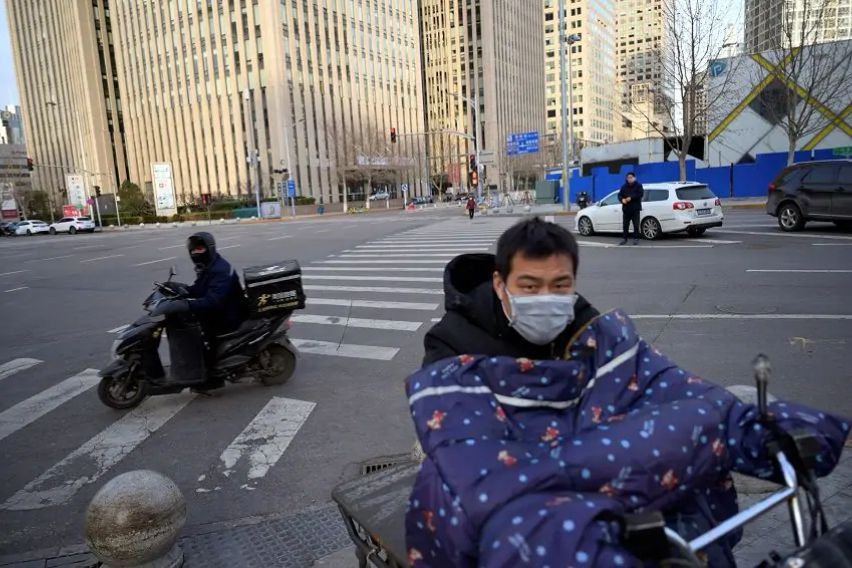
Helping frontline workers
At these unprecedented times, these companies have also stepped forward to help the community. A fast and efficient mobility solution is a valuable resource for those who are fighting the pandemic as the frontliners in hospitals, medical centres, and nursing homes. Several companies are offering their mobility services free of charge to them.
So as of now, these companies are struggling to successfully ride this time and emerge as a winner when the crises passed. However, the business may never return to normal, but it will be a new normal.
Also read: COVID-19 & its impact on future mobility
Sell your car at the best price
 Verified and genuine buyers
Verified and genuine buyers
Trending & Fresh Updates
- Latest
- Popular
You might also be interested in
- News
- Featured Stories
Featured Cars
- Latest
- Upcoming
- Popular
Latest Car Videos on Zigwheels



